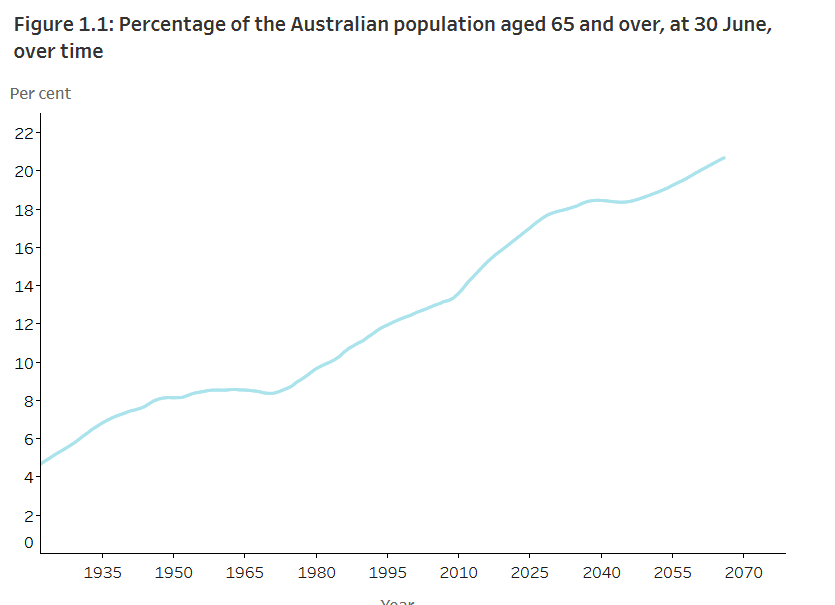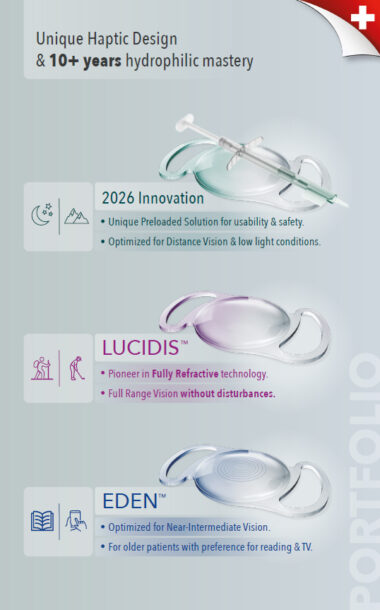A first-ever national study to be launched today will investigate whether there has been a generational change in brain health, including an increase in the incidence of dementia, following major increases in the number of Australians aged 65 and over.
Researchers at UNSW Sydney’s Centre for Healthy Brain Ageing (CHeBA) are calling for 1500 Sydney-based volunteers aged 70 to 90 to participate in the study that will explore the possibilities of unidentified risk factors for dementia and the re-evaluation of previously established risk factors.
The new research is led by internationally renowned ageing expert Professor Henry Brodaty AO.
Professor Brodaty joined CEO of HammondCare and former NSW Premier, Mike Baird, to launch the new study to coincide with today, 21 September - being World Alzheimer’s Day - at a time when major demographic shifts are dictating a fundamental need to acquire a clearer picture on the ageing brain.
The study will ascertain what changes have occurred in Sydney’s next generation of 70-90 year olds across four health domains– physical, psychological, social and cognitive/brain health – by repeating comprehensive assessments of a defined older population and of associated health services and comparing findings with those from an earlier study commenced in 2005.
It will incorporate novel approaches including recently developed blood tests for Alzheimer’s disease, digital biomarkers, computerised neuropsychological assessments and blood pressure measurements, evaluation of new risk factors for dementia and new tools for measuring resilience to better target preventative strategies.
Professor Brodaty, who is Co-Director of CHeBA and a founding member of Alzheimer’s Disease International, says the greatest burden on the aged population, and thereby society, is imposed by brain diseases – particularly Alzheimer’s disease and other dementias.
For the first time in history, the number of Australians aged 65 and over has overtaken the population under the age of 15. The ramifications of this are far reaching, from the challenges of reduced workforce participation to increased burden on the health and social security systems.
“As a nation, we have reached a tipping point with a critical need to understand the risk factors associated with health issues in older Australians, specifically brain diseases,” says Professor Brodaty.
“Our vision with this study is to challenge the status quo and question whether cognition is better than it was a generation prior and identify risk factors for, and protective factors against, cognitive decline,” says Professor Brodaty.
“As well as examining risk factors, we will be asking whether the incidence of new cases is changing. Ultimately this will help health bureaucrats plan for our ageing population, services for the older people and aged care facilities.
Mr Baird says it’s good news that more Australians are living longer, but the impending demographic changes will see a growth in the number of people being diagnosed with dementia and a corresponding need to ensure they receive proper care.
The current direct economic cost of dementia in Australia is more than $15 billion and will rise proportionally as an increased number of people are affected. By 2036, the total cost of dementia is predicted to increase by 81% to $25.8 billion in today’s dollars, and by 2056, to $36.8 billion which represents a 2.6-fold increase in costs from 2016.
“To cope with this expected growth, the aged care workforce will need to triple by 2050,” says Mr Baird.
“Government policy will need to cater for the growth of people living with dementia living in their own homes with a carer.
“There will need to be more programs like Dementia Support Australia’s Staying at Home program to equip carers with the right skills and there will need to be available respite options to ensure those carers can get time to recharge.”
“For those people living with dementia who need residential aged care, there will need to be more investment in small household models that offer a small, domestic and familiar environment that research shows improve health and quality of life outcomes.”
While there are new trial drugs that are offering hope of slowing down disease progression, there is no cure for dementia.
CHeBA’s project will expand upon the previous 14-year Memory and Ageing study, which confirmed known risk factors for cognitive decline such as age, heart disease, other cardiovascular risks including high blood pressure, high cholesterol and poor diet. The research also reported that poorer smelling ability and poor social health defined by the number of social connections were linked to dementia.
The volunteers who participate will do an initial assessment includes tests of cognition, physical function including blood pressure, fasting blood tests and completion of several questionnaires. Volunteers will also be given the options to participate in add-on studies to have an MRI brain scan, have their vision and hearing tested as well as their balance, risk of falls, and cardiac status.
CHeBA is seeking 1,500 volunteers aged 70 to 90 from the Wentworth and Kingsford Smith electorates in people who do not have dementia, were born between 1933 and 1953: Register Interest Here.
Source: https://www.aihw.gov.au/reports/older-people/older-australians/contents/demographic-profile
About us:
The Centre for Healthy Brain Ageing (CHeBA) is a premier research institute based at UNSW Sydney, and headed by internationally acclaimed leaders in the field of ageing - Scientia Professor Henry Brodaty AO and Scientia Professor Perminder Sachdev AM. The Centre's vision is to achieve, through research, healthier brain ageing and better clinical care of age-related brain diseases, specifically Alzheimer's disease and other dementias.
Contact details:
Heidi Douglass - [email protected] - 0435579202


